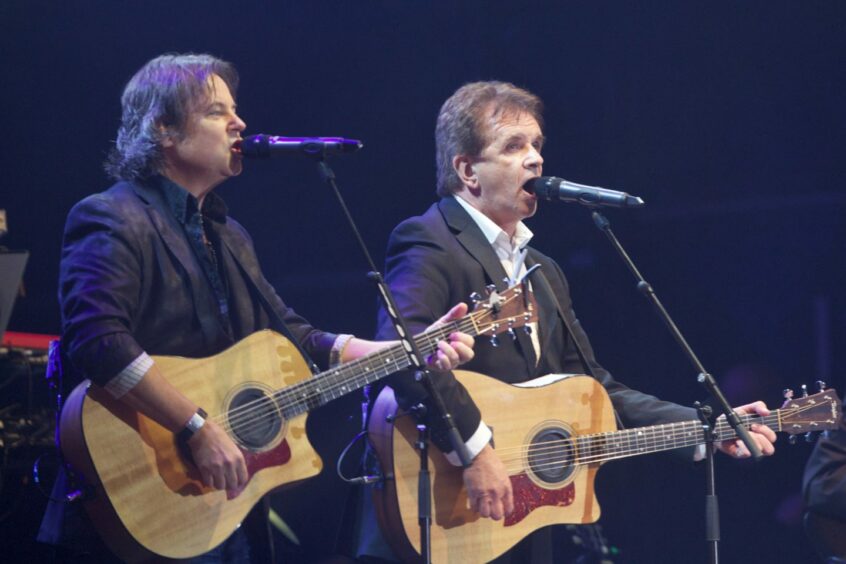
Wedged between advertisements for a midwife and heavy goods vehicle technicians 25 years ago was the opportunity to join Scotland’s biggest band.
Runrig stepped up their search for a replacement for lead singer Donnie Munro in the well-thumbed situations vacant columns of the West Highland Free Press.
The advert described the job as a unique and exciting opportunity for the right person.
Munro was the figurehead of the band from the mid-1970s and on into that decade between 1987 and 1997 when it seemed their star would never fall.
What was initially another ceilidh dance band doing the circuit around the Highlands and Islands became one of the biggest-selling rock acts in the UK.
The band supported U2, the Rolling Stones, Genesis and Rod Stewart.
How will Runrig replace Donnie Munro?
They had a large following around Europe and among the ex-pat communities, attracting 50,000 fans to Loch Lomond in June 1991 for a celebratory concert.
During this time they also logged big-selling albums like The Big Wheel in 1991 and Amazing Things in 1993 which were both top five hits in the UK.
Munro decided it was time to call it a day and step over into a political career and his final performance was a farewell concert at Stirling Castle on August 29 1997.
Attempts to find a replacement met with the same success as Munro’s campaign to win the Ross, Skye and Inverness West parliamentary seat for Labour in May 1997.
For a time, it looked as though they might all go their separate ways.
But all five remaining members, Calum and Rory Macdonald, on percussion and bass guitar, drummer Iain Bayne, keyboard player Pete Wishart and guitarist Malcolm Jones, felt Runrig – in sound and in name – should continue.
The group stepped up their search for a vocalist in February 1998 despite their first in September 1997 producing an unprecedented response from potential candidates.
Runrig manager Marlene Ross told the P&J: “Having spent the last few months auditioning and working with various singers, we have still not come to a final conclusion.
“The band’s first preference has always been for a singer from the Highlands with an empathy for Celtic music, and, with that in mind, we want to offer the chance to any further potential talent to come forward.
“The band are working on album which will lead up to live concerts later in the year.
“This could be a unique and exciting opportunity for the right person.”
The demo tapes started piling up
The ad made no mention of salary or hours of work but invited vocalists interested in filling Munro’s shoes to contact Runrig’s headquarters in Aberdeen’s York Street.
The small ads of the West Highland Free Press yielded up more than 400 tapes, which in turn resulted in 30 auditions.
Some were “good”, but no one was “right”.
The group re-auditioned some of their first trawl.
None were successful.
Then, out of nowhere, came a young man from Canada called Bruce Guthro.
Guthro, 36, a country singer who was pursuing a successful solo career in Nova Scotia, was recommended by Runrig manager Marlene Ross’s son, Gordon, who heard him during a trip to Canada.
He brought the tape home, and the band heard it.
Guthro knew very little about Runrig and had not heard them play.
The question was whether it was possible logistically to combine singing with Runrig with the continuation of his solo career and his family commitments in Canada.
Ultimately, he felt that the two were compatible and joined the band in July 1998.
Calum said: “Bruce’s voice is stunning. From the first word he sung in the studio audition, I knew he was the right person for the band.
“He has an uncanny empathy for the songs and he sings from the heart.”
A new cycle of life for the band
Stepping into Donnie Munro’s shoes may have seemed like an impossible task but his first concert in Aberdeen in December 1998 proved he was able to resurrect Runrig.
The P&J review stated: “Judging by the audience’s reaction, Donnie Munro will not be missed. Guthro is a world-class vocalist.
“The combination of Runrig’s epic electric tone poems and Guthro’s strong, rich voice was thrilling. During the tribal dance numbers it flashed at us like a claymore.
“This heralds a new cycle of life for the band and sees them fighting fit for the Millennium. They were on superb form last night and gave their all.
“Surely the sound of things to come.”
Guthro said simply that he was flattered by the Runrig offer although he knew that following in the footsteps of Donnie Munro was never going to be easy.
“It helped me that I didn’t know much about Runrig,” he said.
“I didn’t have this icon to follow. But I couldn’t help but be aware that this was going to be a tricky transition.
“We always knew there would be a certain percentage of people who were not going to buy it, no matter what. They were just going to say: no, Donnie Munro was Runrig. But the vast majority believe that Runrig is an entity, and have hung on.
“Now, the more we play, the more natural it feels on both sides.
“It seems like the longer we keep going, the easier it will be for people to come out and say: Yes, it’s still Runrig.”
The much-loved band continued to gather acclaim and new fans, especially across North America and played a triumphant 30th-anniversary concert at Stirling Castle in 2003, establishing themselves as Scottish national treasures.
And in 2013, they celebrated their 40th anniversary by performing to 17,000 fans over two days in their Party on the Moor at Muir of Ord.
The set was peppered with classics like Dance Called America and Skye but the biggest cheer of the night came when original singer Donnie Munro joined the band on stage for the first time since embarking on a political career.
Along with Guthro he sang Cutter and Edge Of The World.
Guthro laid praise on Munro and his Gaelic singing and a gracious Munro reciprocated with equal admiration.
The band recorded their final studio album, The Story, in 2015 and held a series of farewell concerts, entitled The Final Mile, in 2018.
This took in shows in Germany, Denmark and England, culminating in The Last Dance in Stirling where different generations paid their own farewells to the legendary band.
After the inevitable raucous conclusion of Loch Lomond, the band stepped forward to the apron of the stage to sing an a cappella version of Every River with the crowd succumbing to all manner of emotions as they sang the chorus.
Founding member Rory MacDonald said: “It’s the love of performing that kept the group going for over 45 years.
“Our farewell performance brought all this to a close – a shared, visceral experience that will stay with me forever.”


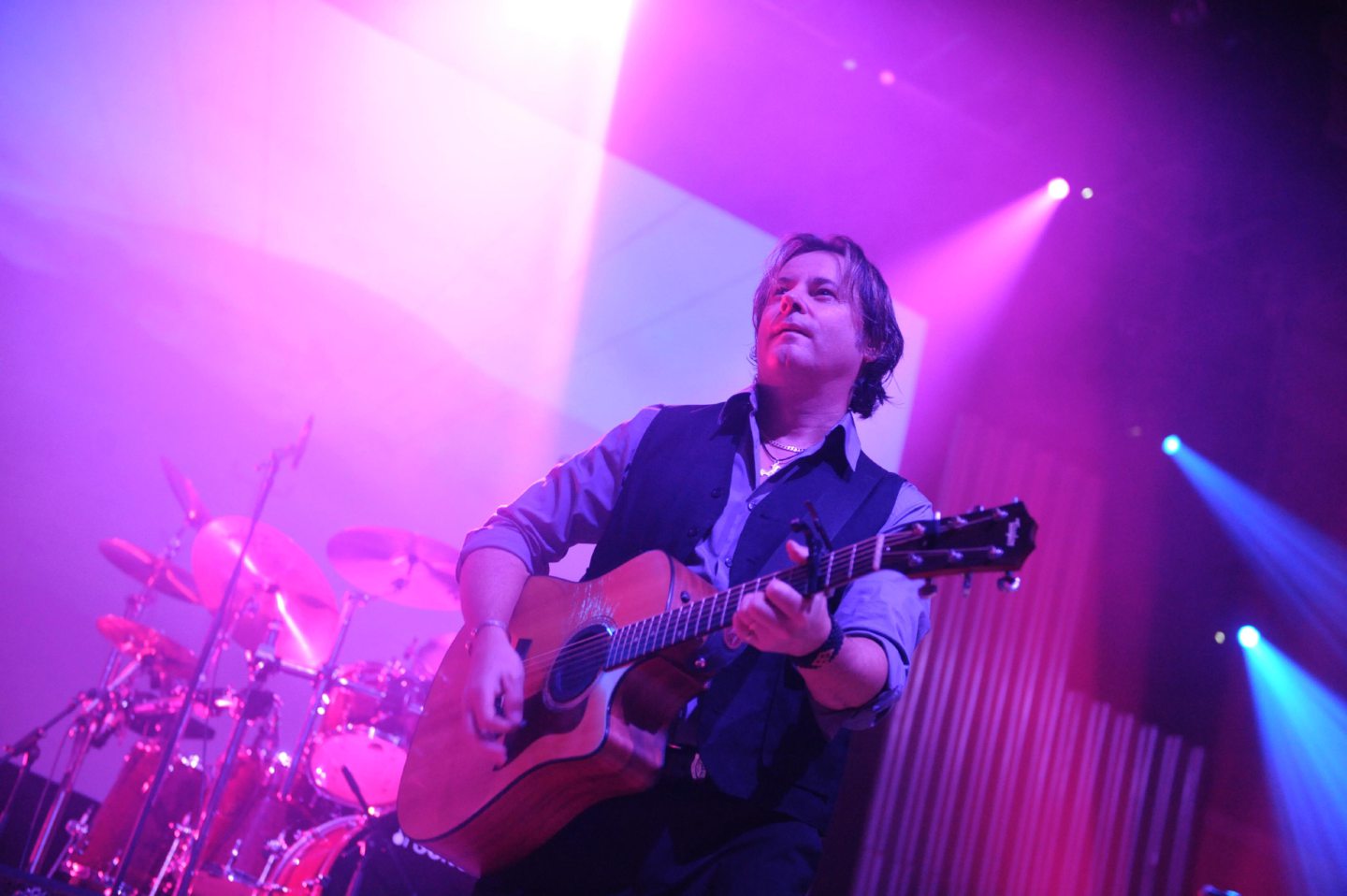
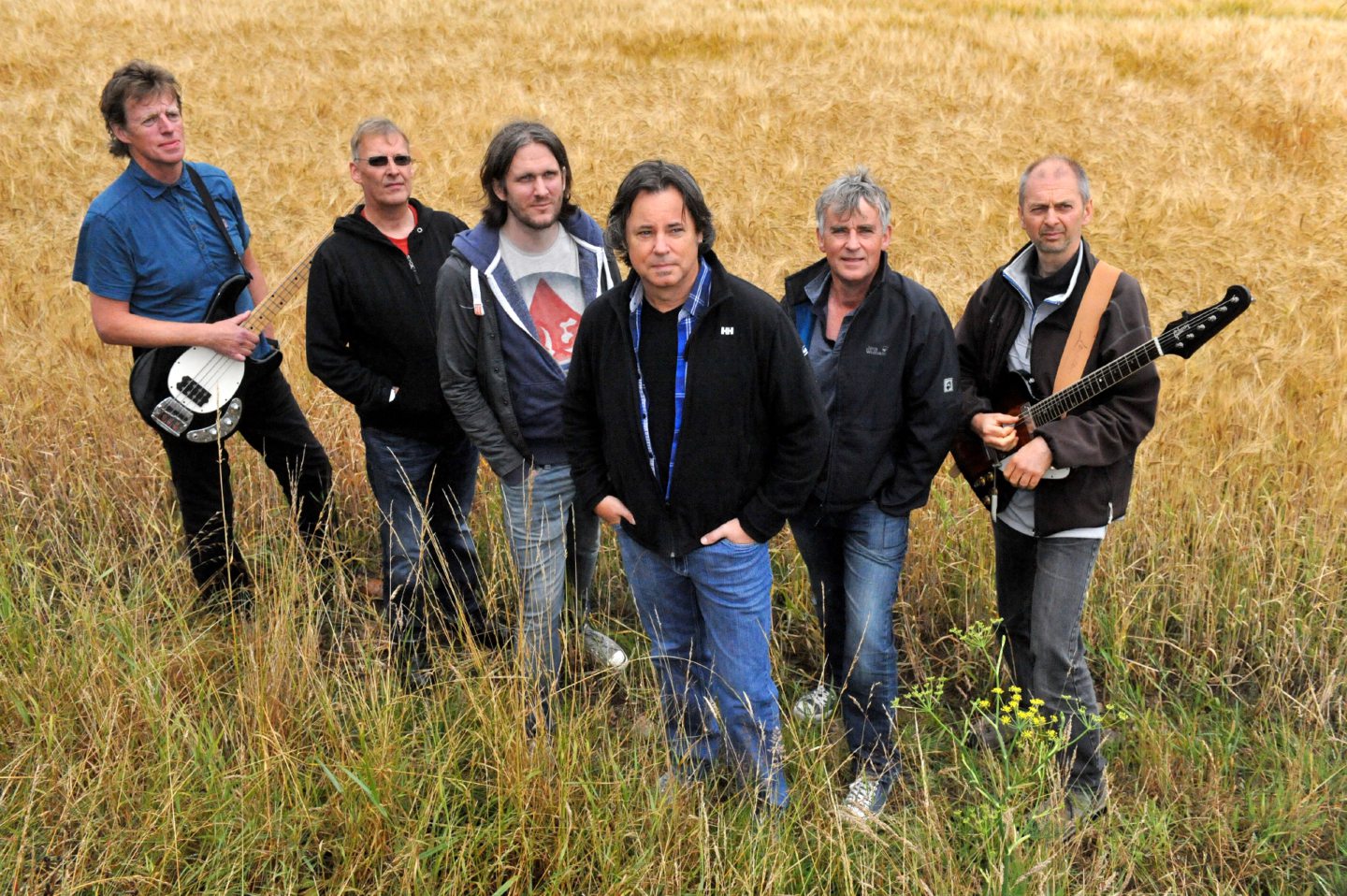
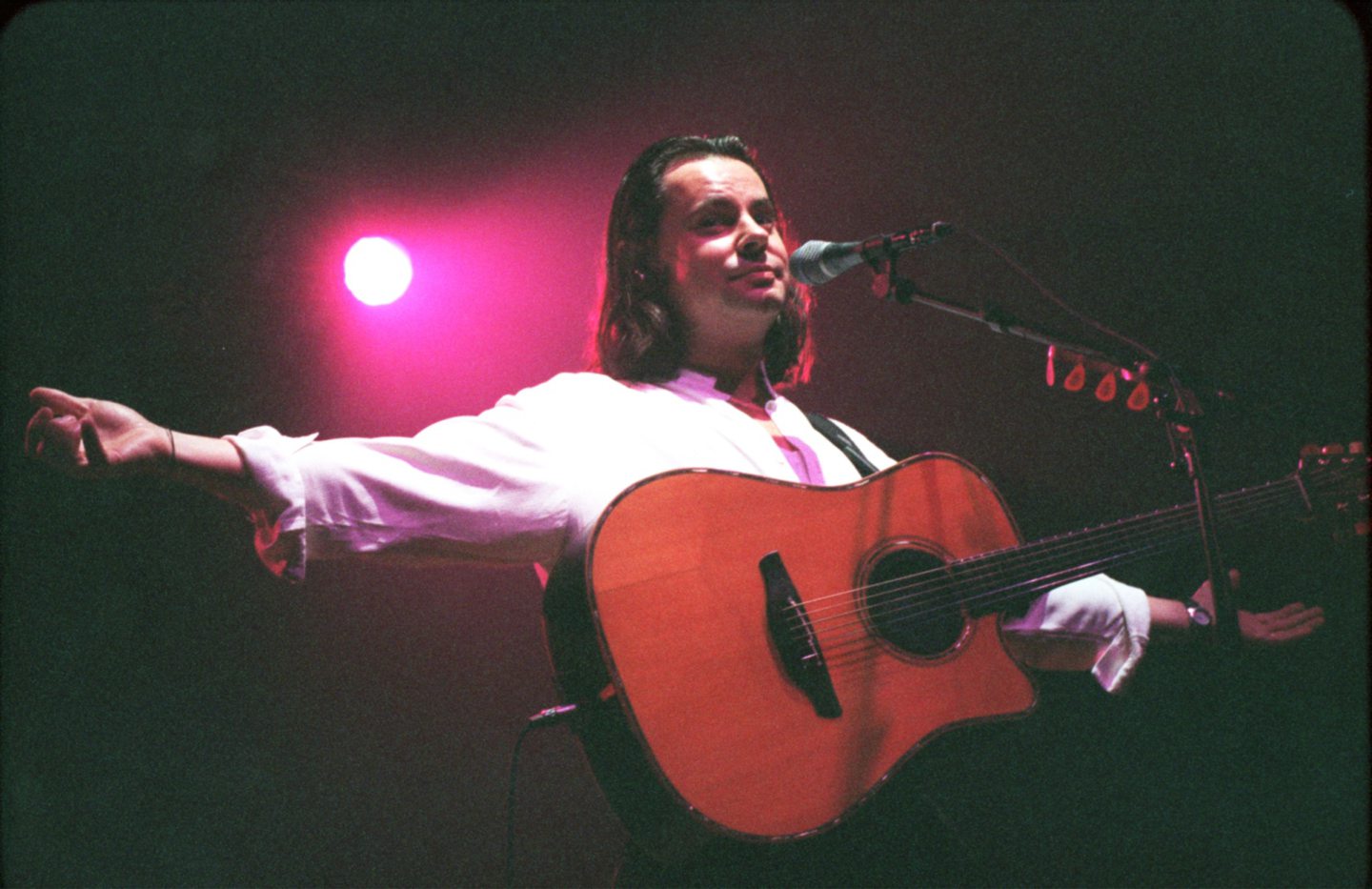
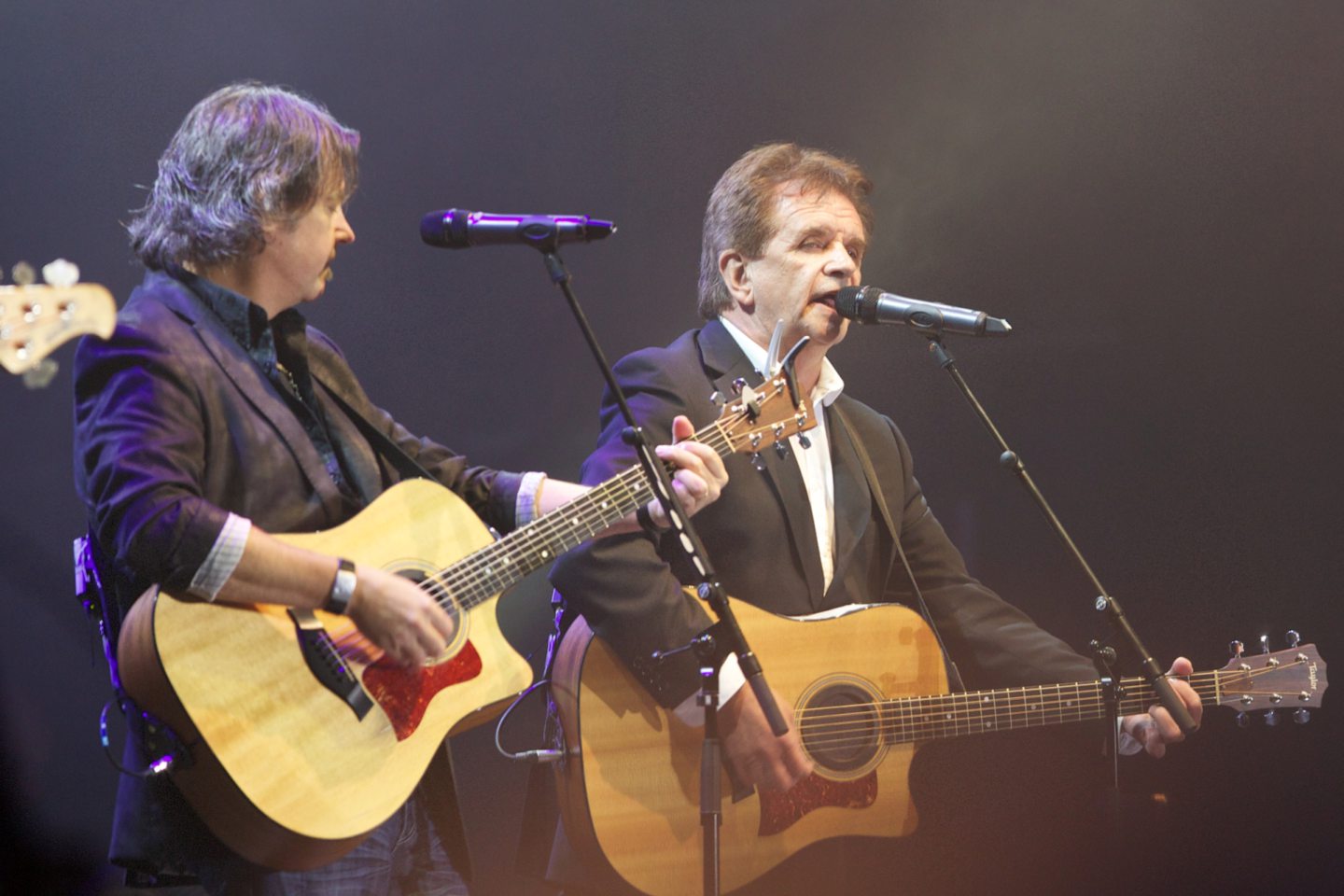

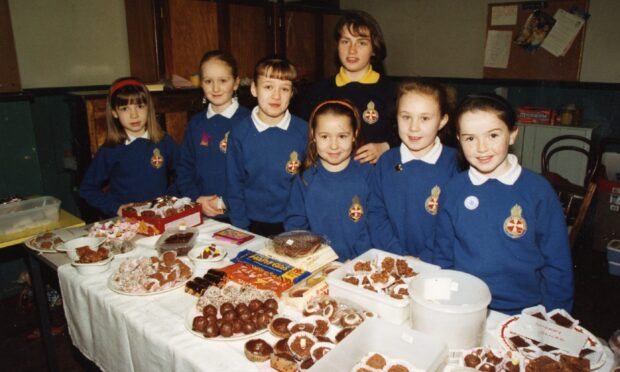





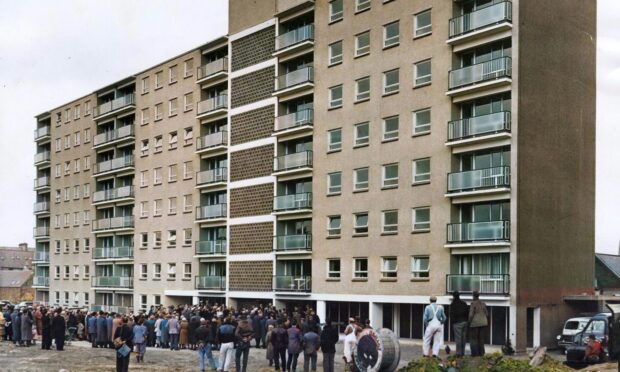
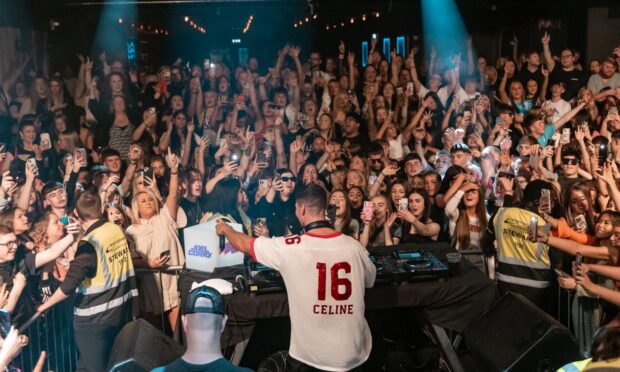
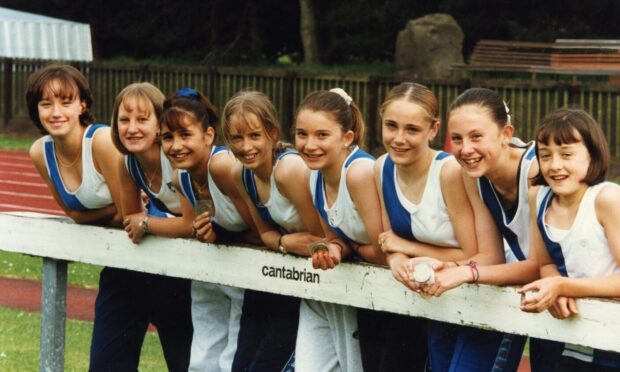
Conversation